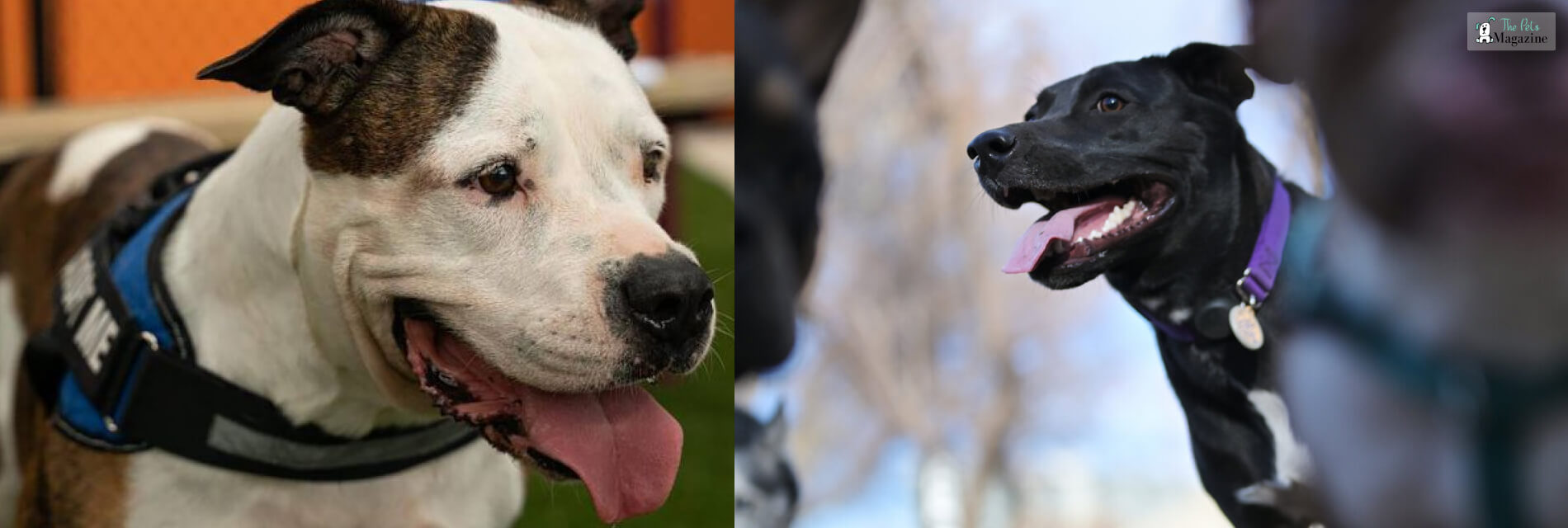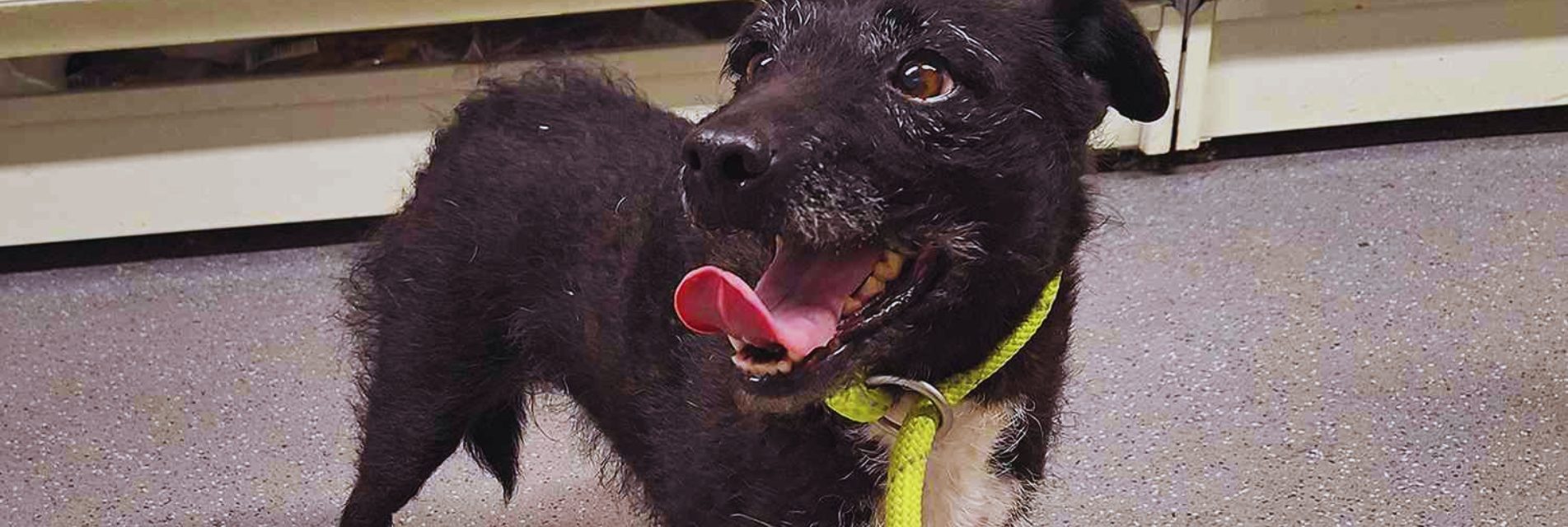A Happy Tummy, A Happy Pet: Tips For Managing Stomach Problems


As pet parents, we understand that a healthy pet is a happy pet. One key aspect of the overall well-being is stomach problems in pets. Just like us, our furry friends can experience tummy troubles that can affect their mood and health.
Recognizing and managing these issues is crucial in ensuring our pets lead comfortable and happy lives.
Signs That Your Dog’s Stomach Is Upset
The dogs are one of the most lively elements in the home when they jump and play in the home. But at times, they face troubles with stomach issues, and ultimately, their liveliness dies down. It is a most disappointing sight for anyone and everyone in the house. However, sometimes it is difficult to understand why their tummy is unhappy. We have some of the signs that will tell you all.
Gas And Gas Pain
If you notice that your dog smells foul compared to normal, it may denote there is something wrong with the stomach. Those bad odors indicate that the dog is not well, and their problem must be looked up to.
Bad Breath
It may be that the bacterial effect results in bad breath that becomes unbearable, causing stomach problems in pets. In that case, you must take the doggy to a healthcare provider for a check-up.
When Their Behavior Is Not Typical
Every dog has their own behavioral pattern. This makes it different from other dogs. We hope that your doggy, too, has some of them. But sometimes you may notice that they aren’t behaving normally, and then you understand that something is wrong. It may be that the dog is hiding, tearing your home’s furniture, or hiding under the table. Mark this peculiarity and
Identifying Stomach Issues
Stomach issues in pets can range from mild discomfort to severe health concerns, with symptoms like decreased appetite, vomiting, diarrhea, or lethargy being common indicators. Changes in bowel habits, stool consistency, bloating, or pain around the stomach are also signs to watch for. Increased thirst or changes in weight, either gain or loss, can accompany digestive problems and shouldn’t be overlooked.
While some stomach problems in pets may resolve on their own, others, such as chronic conditions or emergencies like foreign object ingestion, require immediate veterinary attention. It’s always better to play it safe and talk to a vet for the right diagnosis and treatment.
Since different breeds and ages of pets can have different stomach problems, knowing these details helps catch and manage these issues early. Observing any changes in your pet’s digestive health is vital for catching and addressing issues promptly, ensuring their well-being and comfort.
Diet: The Key To A Healthy Tummy
Your pet’s diet is key to keeping their stomach healthy and them feeling good. Feeding them the right balance of food for their age, breed, and health can help avoid many stomach problems. For pets with sensitive stomachs, specialized diets that avoid common irritants and allergens can significantly improve their comfort and health.
Websites like Woofwhiskers.com are great for finding the best food for different breeds and taking care of their special diet needs. Food with good, easy-to-digest ingredients is best for your pet’s gut health. Consequently, feeding them at the same times every day helps keep their digestion smooth and avoids problems like bloating or upset stomachs. It’s important to be mindful of treats and human food scraps as these can disrupt a balanced diet and lead to stomach upsets.
For minor stomach upsets certain home remedies can be helpful. However, it’s important to know which are safe and effective. Preventive care, including regular vet check-ups, is essential. Understanding the specific needs of different breeds is also crucial – for example, feeding your American Bulldog the right diet can prevent potential stomach problems unique to the breed.
Hydration And Exercise
Water is just as important for our pets as it is for us. They also need fresh water to keep them well-hydrated and healthy. Staying hydrated helps their digestion work smoothly and effectively. It’s equally important to regularly change the water and clean the bowls to prevent the buildup of bacteria.
Exercise is equally important for keeping pets healthy. Regular activity helps them stay at a good weight and also keeps their digestion running smoothly. Activities such as walking, playing fetch, or even interactive toys can keep pets active and support their digestive health. Furthermore, exercise is crucial in preventing obesity in pets, which is a known risk factor for numerous health issues, including diabetes and joint problems.
Specific Tips For Managing Stomach Problems In Pets
- Monitor Food Quality: Always check expiration dates and recall notices for pet food.
- Gradual Diet Changes: If switching food, do it gradually over several days to avoid upsetting their stomach.
- Avoid Toxic Foods: Be aware of foods that are toxic to pets, like chocolate, onions, and grapes.
- Regular Deworming: Parasites can cause severe stomach issues, so regular deworming is important.

Conclusion
Keeping our pets’ tummies happy is a multifaceted task. It involves giving them the right food, enough exercise, and lots of care. As pet owners, we need to make sure they get the best care. A healthy stomach means a happy pet, and seeing our furry friends happy is the best feeling.
MORE FROM THE PETS MAGAZINE:








Leave A Comment